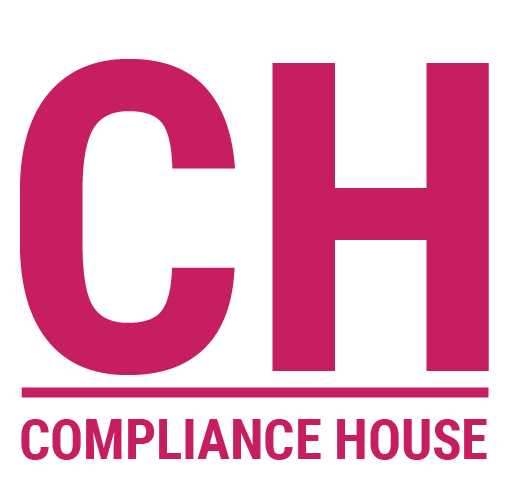Emerging markets offer enormous opportunities — new customers, expanding supply chains, and access to untapped talent. But with that opportunity comes complexity. Regulatory environments are often evolving, enforcement may be inconsistent, and local business practices can differ significantly from global standards. At Compliance House, we help organizations operate with confidence in these settings by balancing ambition with integrity.
One of the most common challenges in emerging markets is legal uncertainty. Regulations may be unclear, change frequently, or vary across regions. For companies trying to implement a consistent compliance framework, this creates friction. What’s acceptable in one jurisdiction may be a serious risk in another. That’s why a deep understanding of the local legal landscape is critical — not only what the rules say, but how they are interpreted and enforced on the ground.
Another challenge is the informal nature of many business practices. Gift-giving, facilitation payments, and personal relationships often play a larger role in business development in emerging markets. Without clear guidance and strong internal controls, these practices can quickly lead to corruption risks. Employees need not only training but also practical tools to navigate local customs without crossing ethical lines.
Third-party risk is also amplified in emerging markets. Local agents, intermediaries, or vendors may be essential for market access, but may also lack internal compliance programs or transparency. In many cases, the greatest exposure to bribery, labor abuses, or environmental violations lies not within your own operations — but within your extended business network.
At Compliance House, we help organizations address these challenges by building compliance programs that are both globally aligned and locally adaptable. We support clients in conducting risk assessments that reflect real exposure in emerging markets, and we tailor training, controls, and reporting systems to suit the cultural and operational context.
For example, rather than relying solely on global policies written in legal language, we localize content, provide translated materials, and use scenario-based training that reflects the actual decisions employees face. We also advise on how to structure third-party due diligence in low-transparency environments, offering alternative methods for gathering intelligence and evaluating reputational risk.
Importantly, we support leadership in setting the right tone. When entering a new market, how leaders act — especially in the early stages — sends a strong signal. A commitment to integrity, combined with cultural sensitivity and practical guidance, builds trust internally and externally. It also helps avoid the perception that compliance is a foreign concept being imposed from the outside.
Emerging markets don’t require lower standards — they require smarter strategies. With the right preparation, oversight, and communication, companies can succeed in these environments without compromising on ethics.
Expanding into high-risk or emerging markets? Let’s work together to build a compliance approach that’s both effective and locally relevant. Contact Compliance House to start managing risk while seizing opportunity.





